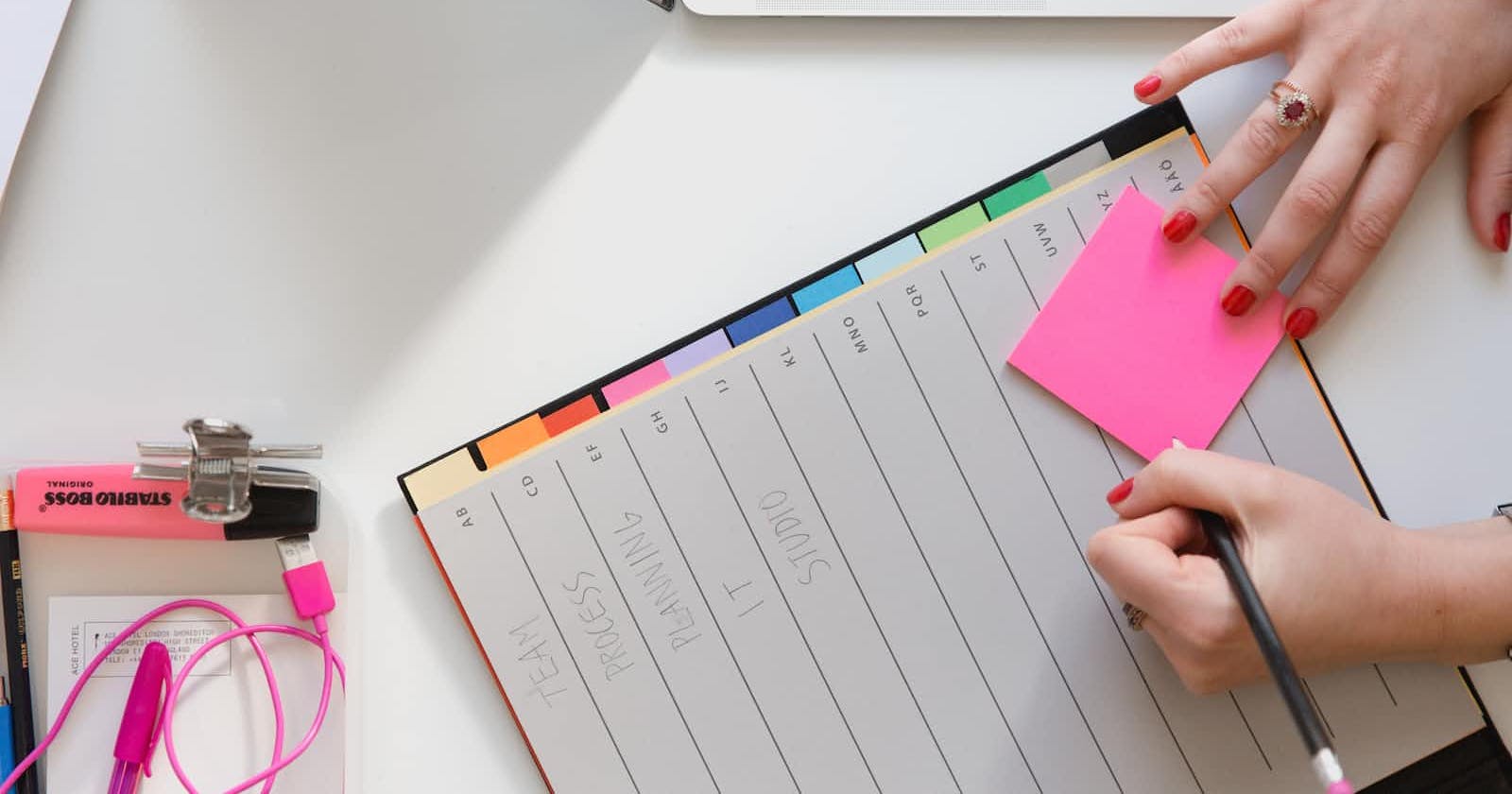Table of contents
- ✔️Prepare for the more daunting interview question:
- ✔️Recapping the fundamentals:
- ✔️Know the specific job you are applying for
- ✔️Work on your communication skills
- ✔️Be prepared:
- ✔️Do mock interviews.
- ✔️ Finally...
- 💡Remember: Interviews are a valuable opportunity for you and the company to learn about each other. As a candidate, it is essential to ask thoughtful questions to stand out and show interest in the company and the role. This can also create a more relaxed and friendly conversation rather than feeling like an interrogation.
Preparing for a technical interview can be daunting for an emerging developer. whether you have dedicated your life to learning code or you recently your changed career and found a passion for programming, we all go through the same feeling once we get a call for an interview. You may feel pressure to showcase your knowledge and skills and to impress the interviewer with your expertise. However, with the right approach and mindset, you can effectively prepare for a technical interview and increase your chances of success.
Here are some crucial tips for mastering in the days, weeks, or months leading up to your coding interviews:
✔️Prepare for the more daunting interview question:
Tell me about yourself. Prepare a 30-second to 1-minute elevator pitch about yourself, not related to coding. You could explain your employment history, past projects, and career goals. You could also prepare for real-life examples ahead of your interview, which you could use at any interview.
✔️Recapping the fundamentals:
To prepare for the interview, try to study computer science fundamentals. This includes concepts such as arrays, linked lists, trees, graphs, and algorithms. Familiarizing yourself with these fundamentals will enable you to approach complex problems and break them down into smaller, manageable pieces. Run a lot of practice problems.
✔️Know the specific job you are applying for
Review the specific technologies and programming languages relevant to the job you are applying for. Whether you are applying for a front-end developer position that requires expertise in JavaScript and HTML or a back-end developer position that requires knowledge of Python and SQL, it is essential to brush up on your skills and expertise in these areas. This will enable you to answer technical questions during the interview and demonstrate to the interviewer that you have a strong understanding of the technologies and languages relevant to the job.
✔️Work on your communication skills
In addition to having these technical skills, developing your communication skills is essential during the technical interview preparation process. This includes the ability to explain your thought process and solutions clearly and concisely. As a developer, it is necessary to communicate effectively with both technical and non-technical audiences, and a technical interview is an excellent opportunity to showcase your communication skills.
✔️Be prepared:
Brush up on your problem-solving skills and learn how to approach and break down complex problems. Start early, and spend an hour a day dedicated to studying. Aim to solve a set number of coding questions to get practice daily. This way, you can alter how you process the questions that may be asked in the interview.
✔️Do mock interviews.
Suppose you want to go beyond just reading books and doing online coding challenges to prepare for a technical interview. In that case, live coding interview preparation might be the next step. One option is to use a website like Pramp.com, which offers realistic coding interview practice in a mock interview setting with peers. This helps improve your technical skills and enhances your communication and body language in an interview setting. Ultimately, the key to success in coding interviews is practice. The more practice you get, the better your skills will become.
✔️ Finally...
And finally, arrive on time, dressed professionally and with a positive attitude. Bring the necessary equipment and materials with you, such as a laptop or a portfolio of your work.
💡Remember: Interviews are a valuable opportunity for you and the company to learn about each other. As a candidate, it is essential to ask thoughtful questions to stand out and show interest in the company and the role. This can also create a more relaxed and friendly conversation rather than feeling like an interrogation.
Dedicated practice and the right mindset can increase your chances of success in a coding interview. Remember to review the basics, practice solving problems, understand problem-solving, communicate your thought process, research the company and job, and stay calm and focused. Good luck!


